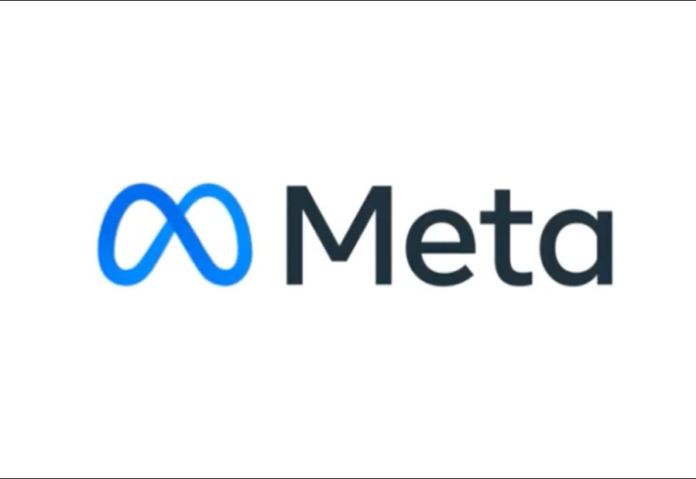CEO Mark Zuckerberg announced that Meta is putting its AI research team “closer together” with a more business-focused generative AI team.
Meta (META.O) opens a new tab. CEO Mark Zuckerberg announced on Thursday that the company was putting its AI research team “closer together” with a more business-focused generative AI team that was established last year, doubling down on a push to get the technology into products.
The social media giant was building out its infrastructure to accommodate the push and planned to have about 350,000 H100 GPUs (graphics processing units) from chip designer Nvidia (NVDA.O) by the end of the year, according to Zuckerberg in posts on Meta’s Instagram and Threads platforms.
Meta will have approximately 600,000 total GPUs by the end of the year, combining them with equivalent chips from other manufacturers, he stated.
That amount would place Meta’s system, once completed, among the largest in the technology business.
In comparison, Amazon (AMZN.O) said last October that it was creating a system with 100,000 Trainium2 chips, while Oracle (ORCL.N) brought online a system with 32,000 Nvidia H100 GPUs.
A Meta representative declined to say which GPU manufacturers the company was using in addition to market leader Nvidia, despite public statements that it also intended to use AMD chips. It is also developing an internally built GPU-like processor.
Meta has hurried to expand its computer arsenal to support a mobilization around generative AI this year, following years of producing leading research on the field through its FAIR team but paying little attention to incorporating it into its core social media platforms and AR/VR gear.
Last year, the corporation formed a “GenAI” team to spearhead an effort to change that following the breakout success of OpenAI’s ChatGPT chatbot in late 2022.
Since then, Meta has released a commercial version of its Llama big language model, ad tools that produce visual backgrounds based on text requests, and a “Meta AI” chatbot that can be accessed directly through its Ray-Ban smart glasses.
In his posts on Thursday, Zuckerberg stated that the business is presently training a third version of the Llama model.
He also linked the AI investments to the pivot to the AR/VR-driven metaverse vision, which motivated him to change the company’s name to Meta in 2021, claiming that consumers will “need new devices” such as glasses to engage with AI.
Do Follow: CIO News LinkedIn Account | CIO News Facebook | CIO News Youtube | CIO News Twitter
About us:
CIO News, a proprietary of Mercadeo, produces award-winning content and resources for IT leaders across any industry through print articles and recorded video interviews on topics in the technology sector such as Digital Transformation, Artificial Intelligence (AI), Machine Learning (ML), Cloud, Robotics, Cyber-security, Data, Analytics, SOC, SASE, among other technology topics.






